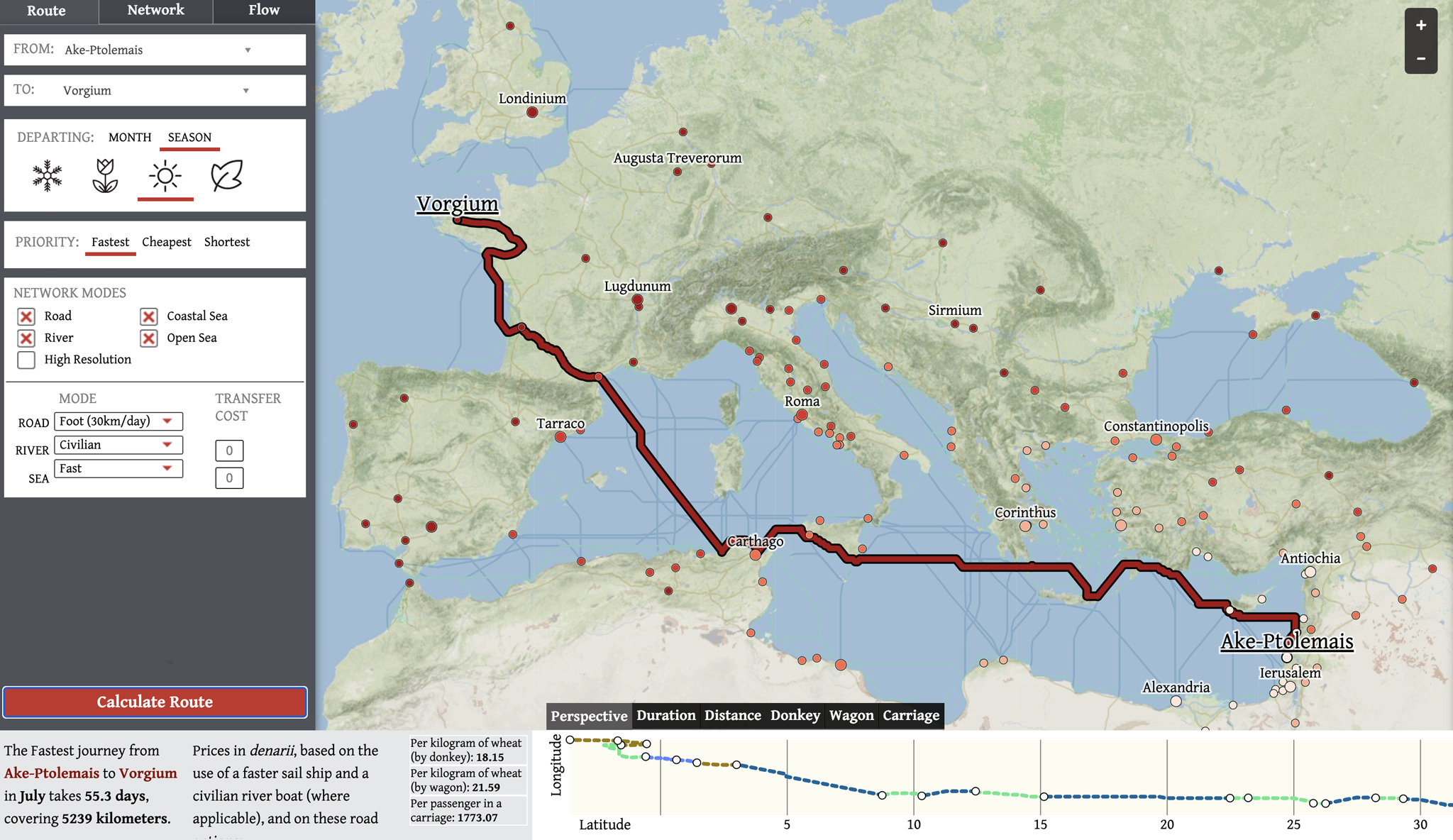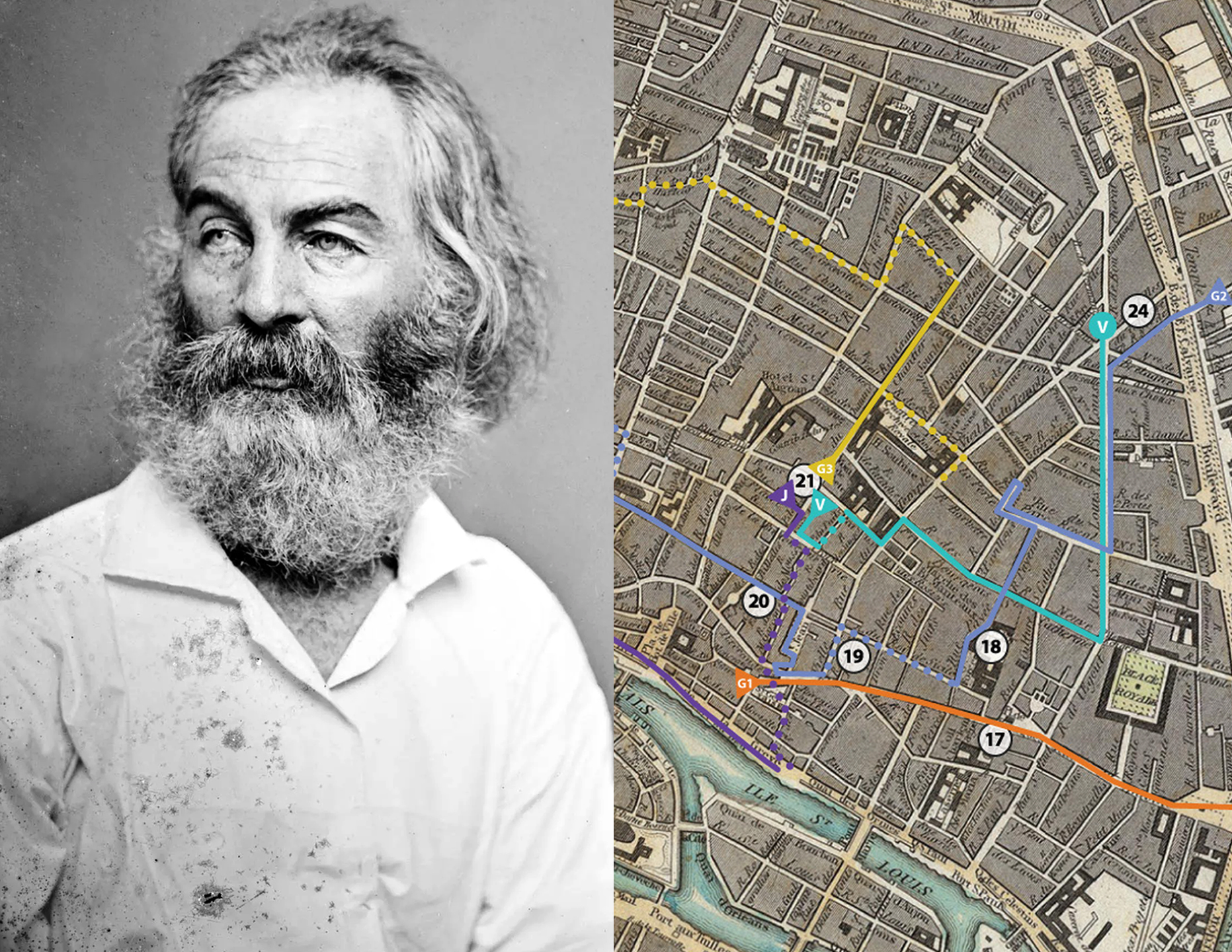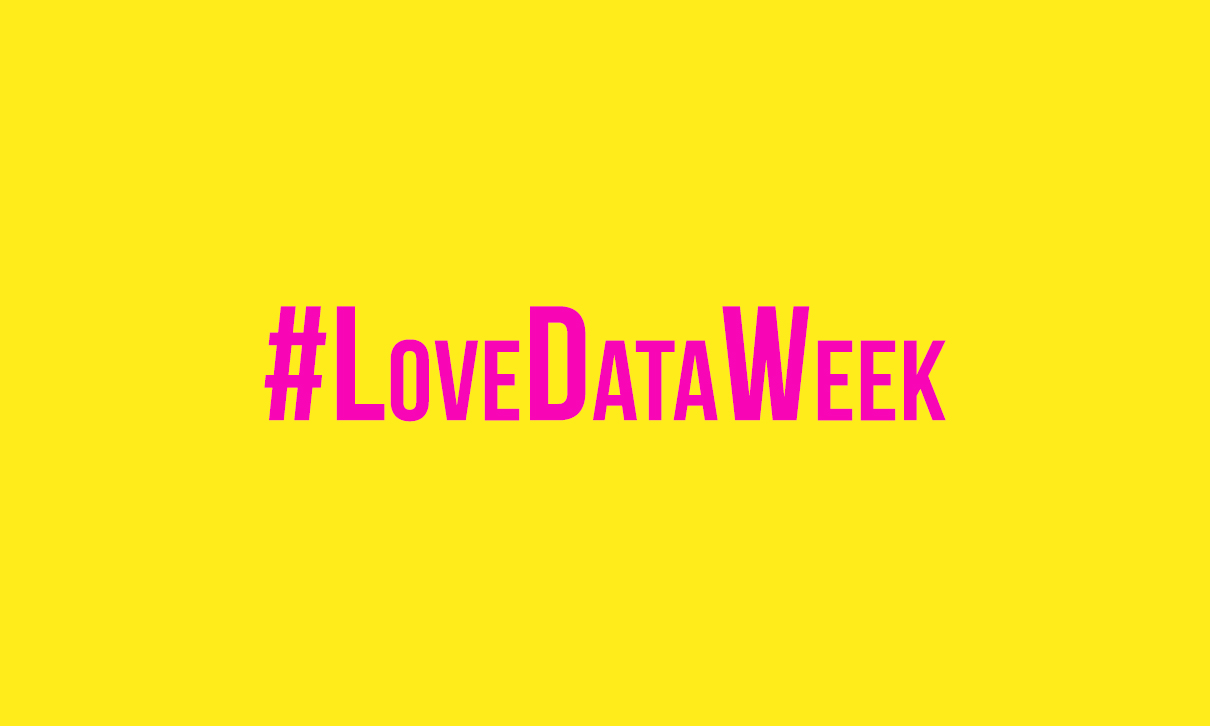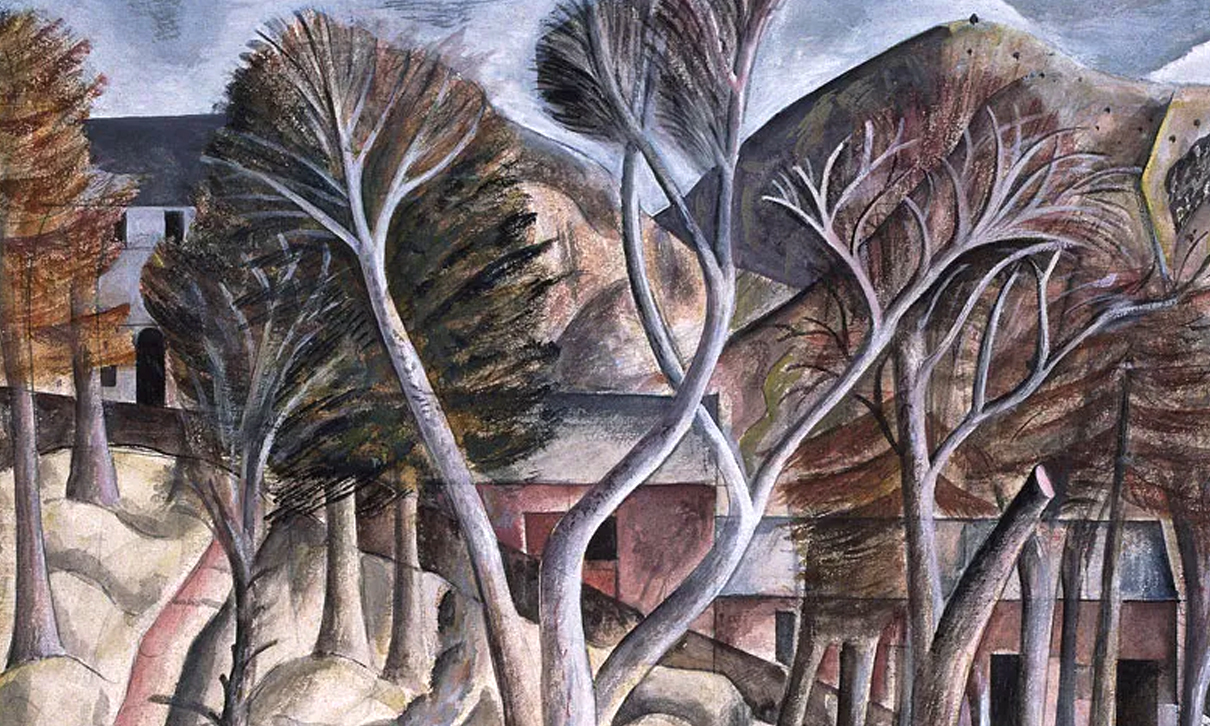Category: Events
-

How Did They Make That? Learning Series (Spring 2025)
This spring, the Digital Scholarship Group continues its How Did They Make That? Learning Series, which explores different digital scholarship projects and breaks down how they were created. (See the Fall sessions.) Our upcoming sessions include:
-

How Did They Make That? Learning Series (Fall 2024)
This year, the Digital Scholarship Group is taking inspiration from Miriam Posner’s famous blog post, How Did They Make That?, and offering a learning series on how specific digital scholarship and digital humanities projects were created. Our intention is to give people a greater sense of what it takes to do this work, including what skills are…
-

Love Data Week
During Love Data Week this February, we showed off our love for all things data. An international celebration that’s taken place since 2016 on the week of Valentine’s Day, Love Data Week aims to celebrate data in all forms, foster a community around data users and enthusiasts, and promote good practices around the sharing, management,…
-

David Jones TEI Workshop & Archival Display
Please complete the application form if you are interested in attending the workshop and can commit to the full three days. If accepted, you will be registered. (We apologize for not accepting everyone. Space is limited.) David Jones (1895-1974) was a Welsh artist and poet. The Burn’s Jones collection includes a range of written and visual…
-

BCDS Faculty Summer Incubator
This summer BC Libraries’ Digital Scholarship Group is holding a week-long incubator that will guide twelve BC faculty members through an exploration of digital scholarship methods and tools from a conceptual and technical standpoint. Participants will receive a $200 stipend following fall project presentations. When: June 6th-June 10th Where: O’Neill Library (in-person unless COVID requires…
-
Spring 2020 Data Services Workshop
Digital Scholarship is happy to announce a series of 6 data-related workshops throughout Spring 2020. As the 2020 census will be launched on April 1st, our workshops are designed to increase awareness and understanding of the importance of the census, building data skills of using, managing and visualizing census data and other data sources in…
You must be logged in to post a comment.